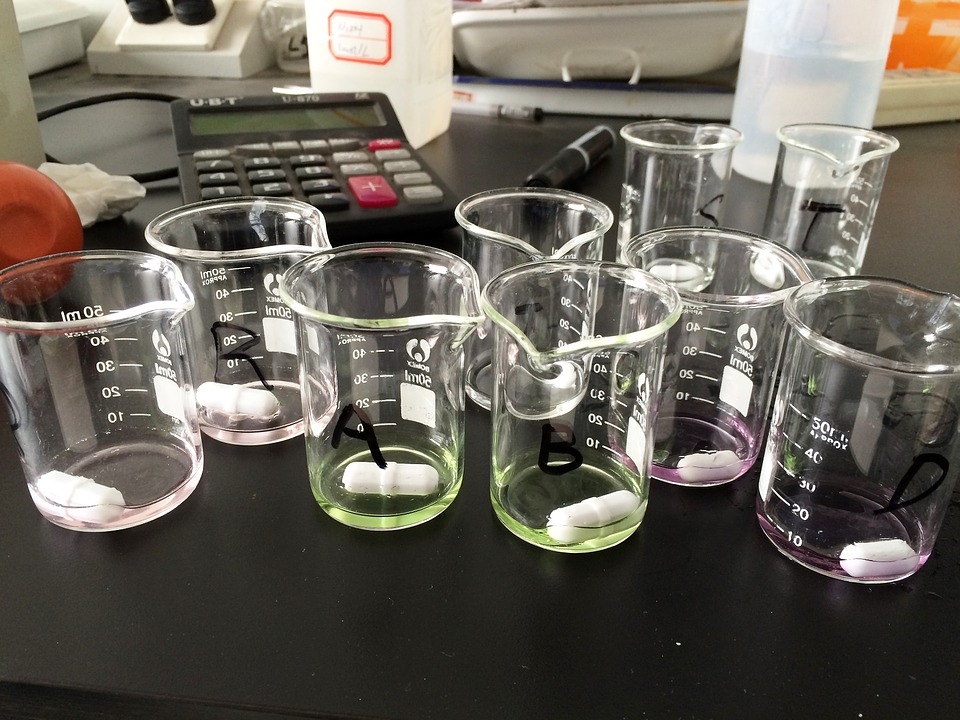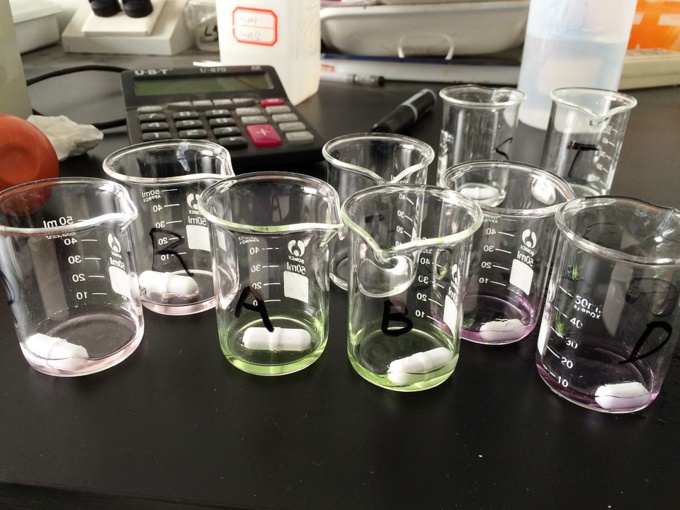1. Screen wipers for a helmet
British consumers now can buy wipers for motorcycle helmets. Feasibility of this gadget is somehow doubtful, yet here is it: modern compact electronics and powerful batteries together make up a device that does not take up much space, can be easily attached to any helmet with help of suction cups , runs on a single charge up to 3 hours, and even has a built-in water tank.
2. An inner shark
Implants, dentures and dental bridges - all this can go into the past, if it turns out that biologist Gareth Fraser from the University of Sheffield in the UK is right. He is claiming that he has deciphered the mechanism that allows sharks, even in old age, to regenerate teeth. Sharks have about 30,000 teeth in a lifetime, growing teeth instead of old ones. The most important thing is that human beings have the same genetic mechanism, only the desired portions of the DNA goes to sleep state in the adulthood. If scientists manage to wake it up, young teeth can be forced to grow at any age.
3. Nuclear battery
A Russian nuclear scientists created a battery that can operate continuously for 50 years. Don't be afraid of the word 'nuklear' - it's safe. A team of researchers from the Moscow Institute of Steel and Alloys showed prototypes of batteries made on the basis of nickel-63. It emits soft beta-radiation, which is absorbed by the battery cover. Inside, the agent makes a special plate fluctuate, so that the electricity is produced through the piezoelectric effect. The power of such an element is small, yet it's capable to work for a long time. In the opinion of developers, nuclear batteries can be used in space, safety systems, even medical implants.
4. Artificial brain
Artificial intelligence is increasingly becoming human-alike. A few days ago in Seoul, a fundamentally new program - self-learning, based on neural networks - could outright defeat the world champion of the ancient Chinese 'Go' game. There are much more combinations than in chess - the players should annex as much territory as possible. There are more options than atoms in the universe. It is believed that the winner is the one who has better intuition - and this is a purely human quality, not available to computers before. However, a new era arrived with the advent of systems that simulate the human brain.
5. Silicon kidney
Patients with kidney disease may soon be spared from having to sit for hours in the hospital when undergoing blood purification - hemodialysis. Scientists from the American Vanderbilt University have created a portable artificial kidney with silicon nanotechnology, such as those used in chip manufacturing. Here, tiny structures act as filters which are additionally populated by a culture of the patient's living cells. As a result, there is no rejection by the immune system and the body performs all the functions of a living kidney.
British consumers now can buy wipers for motorcycle helmets. Feasibility of this gadget is somehow doubtful, yet here is it: modern compact electronics and powerful batteries together make up a device that does not take up much space, can be easily attached to any helmet with help of suction cups , runs on a single charge up to 3 hours, and even has a built-in water tank.
2. An inner shark
Implants, dentures and dental bridges - all this can go into the past, if it turns out that biologist Gareth Fraser from the University of Sheffield in the UK is right. He is claiming that he has deciphered the mechanism that allows sharks, even in old age, to regenerate teeth. Sharks have about 30,000 teeth in a lifetime, growing teeth instead of old ones. The most important thing is that human beings have the same genetic mechanism, only the desired portions of the DNA goes to sleep state in the adulthood. If scientists manage to wake it up, young teeth can be forced to grow at any age.
3. Nuclear battery
A Russian nuclear scientists created a battery that can operate continuously for 50 years. Don't be afraid of the word 'nuklear' - it's safe. A team of researchers from the Moscow Institute of Steel and Alloys showed prototypes of batteries made on the basis of nickel-63. It emits soft beta-radiation, which is absorbed by the battery cover. Inside, the agent makes a special plate fluctuate, so that the electricity is produced through the piezoelectric effect. The power of such an element is small, yet it's capable to work for a long time. In the opinion of developers, nuclear batteries can be used in space, safety systems, even medical implants.
4. Artificial brain
Artificial intelligence is increasingly becoming human-alike. A few days ago in Seoul, a fundamentally new program - self-learning, based on neural networks - could outright defeat the world champion of the ancient Chinese 'Go' game. There are much more combinations than in chess - the players should annex as much territory as possible. There are more options than atoms in the universe. It is believed that the winner is the one who has better intuition - and this is a purely human quality, not available to computers before. However, a new era arrived with the advent of systems that simulate the human brain.
5. Silicon kidney
Patients with kidney disease may soon be spared from having to sit for hours in the hospital when undergoing blood purification - hemodialysis. Scientists from the American Vanderbilt University have created a portable artificial kidney with silicon nanotechnology, such as those used in chip manufacturing. Here, tiny structures act as filters which are additionally populated by a culture of the patient's living cells. As a result, there is no rejection by the immune system and the body performs all the functions of a living kidney.



















